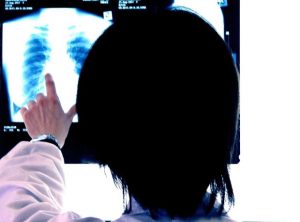A new report by the U.S. Centers for Disease Control and Prevention reveals that 20% of women report experiencing medical mistreatment from their healthcare providers during maternity care.
As our West Palm Beach medical malpractice lawyers can explain, it is the job of fetal and obstetrical medical professionals to do their best to ensure the safest and healthiest pregnancy outcomes for their patients. Of course, with any pregnancy, labor, and childbirth, there is a risk of adverse outcomes that can include serious illness, injury and even death. But often, when healthcare professionals are meeting the applicable standard of care, that risk is significantly minimized. If a healthcare worker’s substandard care contributes to the death of the mother or serious injury to a fetus that survives birth, it can be grounds for a personal injury or wrongful death medical malpractice claim.
There is currently no provision in the Florida Wrongful Death Act that allows surviving parents to sue for the death of a stillborn fetus. It may be possible for the mother, and in some cases the father, to sue for mental anguish relating to the loss. These claims are usually as part of a personal injury claim filed by the mother. However, existing law doesn’t allow for such a claim to be made for “wrongful death.”
A bill pending in the Florida legislature would amend the law to add “parents of an unborn child” to the list of people who can file wrongful death lawsuits. It’s not clear whether it will pass, however, as it’s drawn sharp criticism from abortion rights advocates over the implications the law could have for doctors who perform abortions, medically necessary or otherwise. (It does contain a caveat that such a claim couldn’t be filed against the mother.)
Civil lawsuits for maternal deaths resulting from medical malpractice are more straightforward in the right to file a claim, but still potentially complicated. It’s not enough to show that an adverse outcome occurred while a patient was under the care of the healthcare provider in question. One must show strong evidence of medical negligence which directly resulted in an adverse outcome for the pregnant person.
Some examples of situations that may give rise to a birth or pregnancy-related medical malpractice claim include: Continue reading
 South Florida Injury Lawyer Blog
South Florida Injury Lawyer Blog







